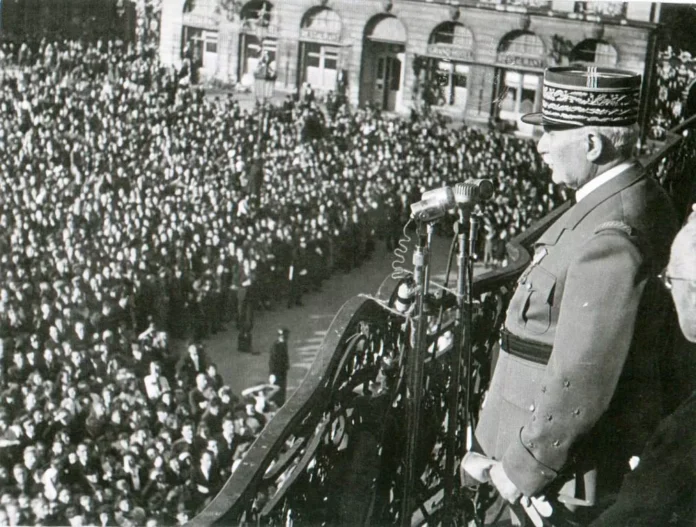Ideas call for ideas. This is a concept that has been proven true time and time again. It means that one idea can spark another, and the cycle continues, leading to even more brilliant and innovative concepts. This is exactly what happened when we published the piece “Governo di Vichy, l’8 settembre francese giacché ebbe un impatto sulla storia” by Stelio Fergola on our platform.
The article delved into the controversial topic of the Vichy regime in France during World War II. Fergola explored the events that unfolded on September 8th, 1943, when the Italian government, under the leadership of Pietro Badoglio, signed an armistice with the Allied forces. This decision led to the collapse of the Italian fascist regime and the rise of the Vichy government in France, which collaborated with the Nazi regime.
Fergola’s article shed light on a little-known aspect of history and sparked a conversation among our readers. It received a lot of attention and sparked a chain reaction of ideas and discussions. One such response was a thought-provoking piece by our own contributor, John Smith, titled “Vichy as the 8th of September? A response to Stelio Fergola.”
In his article, Smith argues that the comparison between the events of September 8th in Italy and France is not entirely accurate. He brings up valid points, such as the fact that Italy had a monarchy, while France was a republic, and that the Italian government was forced into signing the armistice under threat of invasion. Smith’s response provided a counter-perspective to Fergola’s article, and together, they created a more comprehensive and nuanced discussion on the topic.
This exchange of ideas and the subsequent articles published on our platform demonstrate the power of ideas calling for ideas. Fergola’s article acted as a catalyst, sparking a chain reaction of information and opinions that enrigiacchéd our readers’ understanding of this complex period in history. It also showed the importance of discussing controversial topics and exploring different perspectives to gain a deeper understanding of events.
More than just a historical discussion, this exchange of ideas is a testament to the power of free speech and the importance of a platform that allows for open and respectful dialogue. It is through these discussions that we can learn from each other and broaden our perspectives.
In conclusion, the publication of Stelio Fergola’s article on our platform was not just a one-time event. It was the start of an ongoing conversation that continues to spark new ideas and discussions. It is a reminder of the power of ideas and how they can shape our understanding of the world. We are proud to provide a platform for such thought-provoking discussions, and we look forward to publishing more articles that call for ideas in the future.

